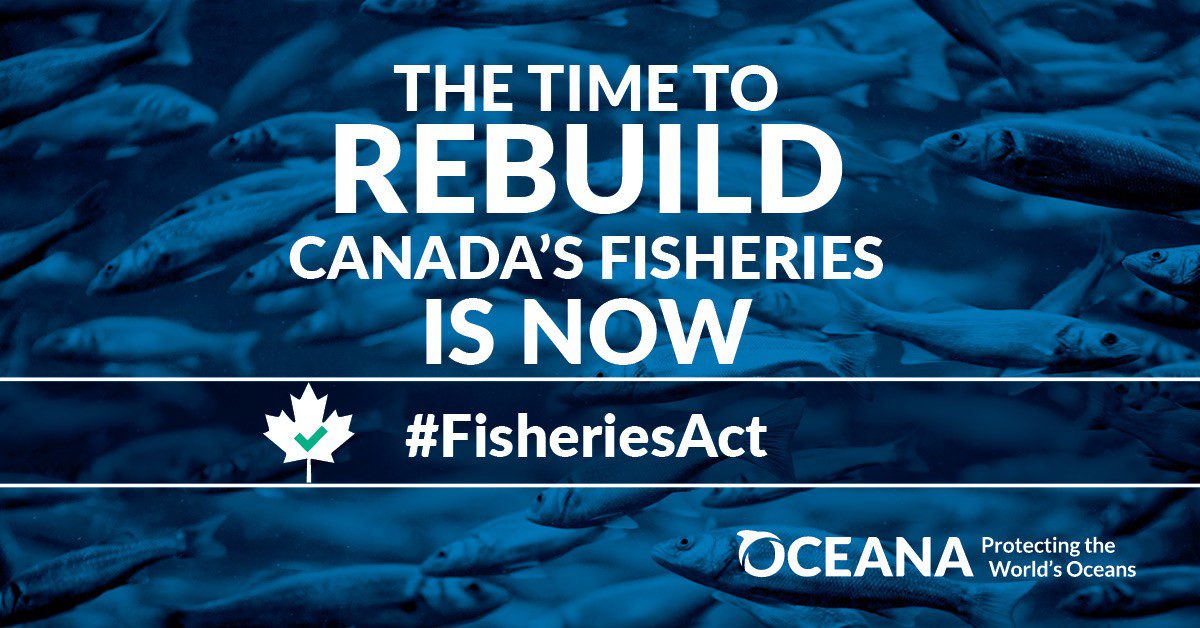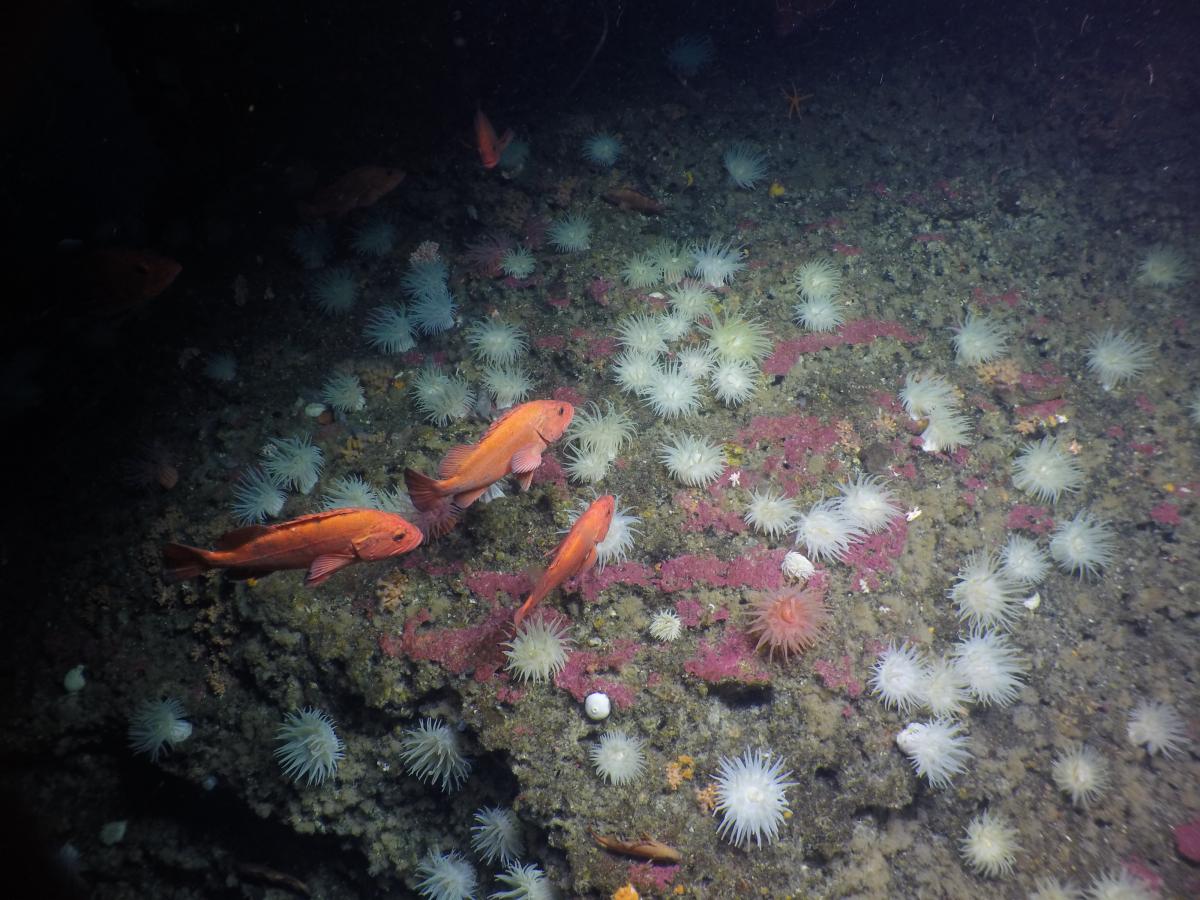Overview
Canada’s Fisheries Act needs to align with modern fisheries management laws used in other leading fishing nations.
Victory: Canada now has a modernized Fisheries Act which makes rebuilding fish populations the law.
Since Oceana Canada was established in 2015, we’ve been campaigning on reforming the Fisheries Act to require rebuilding plans when stocks are depleted. It’s a priority because we know it’s one of the biggest ways we can make an impact for the health of our fisheries and the oceans.
Internationally, we’ve seen how strong laws requiring rebuilding plans helps recover depleted fish populations. The United States and the European Union legally require rebuilding plans be put in place when a fish population is overfished. In the U.S., this has led to an incredible 43 fish stocks being rebuilt since 2000. By 2010, the rebuilding of 28 fish stocks resulted in a 54 per cent increase in commercial revenues.
Canada’s depleted fish populations need to be rebuilt, so we can reap the social, cultural and economic benefits that come with healthy oceans and fisheries. That’s why Oceana Canada has been calling for a Fisheries Act that legally requires rebuilding plans for all depleted fish populations.
The time to act is now. The Senate must pass Bill C-68 to amend the #FisheriesAct and legally require rebuilding plans for all depleted fish populations.

Campaign goal
Reform the Fisheries Act to mandate implementing rebuilding plans for depleted fish populations and require that the Minister of Fisheries, Oceans and the Canadian Coast Guard report annually to Parliament on the status of Canada’s fish populations.
Campaign progress
We’ve been working tirelessly with the Canadian government, Indigenous Peoples, communities and other stakeholders to strengthen the Fisheries Act for the benefit of our oceans and everyone who relies on them. Here are some of the milestones we’ve accomplished so far:
- Currently: Bill C-68 passed, modernizing Canada’s Fisheries Act which makes rebuilding fish populations the law by requiring rebuilding plans for depleted fish stocks. These changes, among others, unlock tremendous potential for renewed ocean health.
- June, 2018: Bill C-68 passed “Third Reading” in the House of Commons. The Bill includes a historic change in how Canada manages our fisheries: for the first time since the Fisheries Act was enacted in 1868, this Bill directs the Minister of Fisheries and Oceans to manage fish stocks sustainably, and to put rebuilding plans in place for depleted stocks. This is a historic step in the right direction but strong regulations are still needed to ensure the new Act is effective in securing a healthy future for Canada’s oceans.
- February, 2018: The government announced a new Fisheries Act (Bill C-68) which included provisions for rebuilding fish populations, but the current proposed language is weak. Without stronger wording, the Act will continue to leave depleted fish populations unprotected.
- August, 2017: We worked with the Assembly of First Nations, calling on the government to make rebuilding fish populations a priority.
- July, 2017: Oceana Canada Wavemakers contributed to the public consultation process on Fisheries Act amendments.
- November, 2016: Oceana Canada presented to the House of Commons Standing Committee, outlining how creating a modern Fisheries Act could rebuild fish populations. This presentation helped ensure that the committee’s report to the Minister of Fisheries, Oceans and the Canadian Coast Guard, the Honourable Dominic LeBlanc, included a recommendation for rebuilding fish populations.
More information
Oceana Canada’s annual Fishery Audit analyzes the current state of fisheries in Canada. Head to FisheryAudit.ca to learn more.


